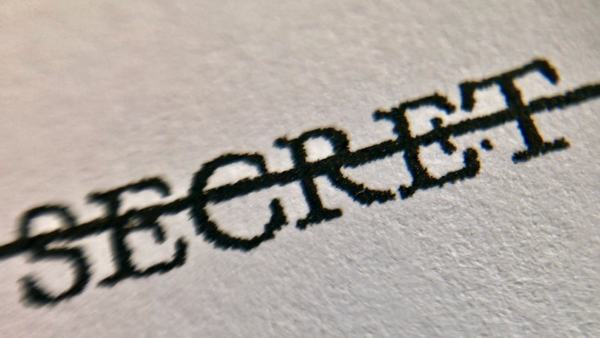




Dir.: Taghi Amirani, Documentary; UK/USA/Iran 2019, 118 min.
Director/co-writer Taghi Amirani (Red Lines and Deadlines) fled Iran as a teenager and brings his life experience to bear in this detailed examination of the British/American coup of 1953, which brought down the government of the democratically elected Iranian Prime Minster Mohamad Mosaddegh (1882-1967).
With the help of editor Walter Murch (Godfather), who is credited as co-writer, Amirani has plunged the archives to piece together the events of August 1953 which still reverberate not only in the region but all over the world.
The suggestion that Mosaddegh was a communist was not far from the truth. And the British and American propagandists certainly concurred with this line of thinking. Apart from being a staunch nationalist, Mosaddegh was a member of the royal Qajar dynasty, a much older Institution than that of his opponent Shah Mohammed Raza Pahlavi, whose father had forcefully overthrown the Qajar dynasty in 1925. In the eyes of Prime Minister Mosaddegh, Shah Raza, of the house of Pahlavi, was an upstart. Mosaddegh had studied law in Europe and went on to nationalise the oil industry which was run by the Anglo-Iranian Oil company (AIOC) back in 1951.
News reels show the company’s tearful British employees leaving Iran. In reality, Mosaddegh had asked them to stay. But Britain and the USA did not want a functioning oil industry run by Iran: they organised a world-wide boycott of Iranian oil on the world market. When this plan did not work out, British Prime Minister Churchill and US president Eisenhower met in 1953 and decided to get rid of Mosaddegh during a coup. Organised by CIA chief Allen Dulles (brother of US foreign minister John Foster), and executed on the ground by Kermit Roosevelt (grandson of President T. Roosevelt) and Britain’s Norman Darbyshire, chief of the Iranian branch of MI6, the so-called operation Ajax was not always plain sailing. Only after Tehran’s police chief Mahmoud Afshartous, a staunch supporter of the Prime Minister, was abducted, tortured and murdered by General and Prime Minister Fazlollah Zahedi, did the coup look like succeeding.
One reason for the remaining question marks lay with Shah Mohammad Raza Pahlavi himself. He had fled the country and retreated to a luxury hotel in Rome with his wife Soraya, and continued to live his previous life of privilege, albeit in exile. His twin sister, Princess Ashhraf, was much more wily and helped the plotters actively. It was Kermit Roosevelt who made the difference in the end: he organised a “spontaneous” popular uprising against the Prime Minister, paying just 60 thousand US dollars for his rented mob. Mosaddegh was put on trial and ended his life alone under house arrest and in solitary confinement for the last fourteen years of his life.
There is a particular British transcript to the affair: In 1985 a TV production of End of the Empire interviewed some participants of the 1953 Coup, among them Norman Darbyshire, who, according to the transcript of the interview, was very open about his contribution. But he never appears in the finished documentary. The quotes used for the interview were neatly cut out and seemed lost – before an anonymous person sent the missing lines of Darbyshire’s interview to the Observer. Amirani landed his own coup, letting Ralph Fiennes read the incriminating sections.
Coup 53 allows us to imagine what could have happened in the region if democracy in Iran had been allowed to flourish. Today we are still confronted with the clerical-fascist Islamist regime of Iran – belated vengeance for the Coup for oil. AS
REAL-LIFE THRILLER COUP 53 JOINS THE 100% CLUB ON ROTTEN TOMATOES
NOW ON DIGITAL RELEASE | LONDON FILM FESTIVAL review 2019